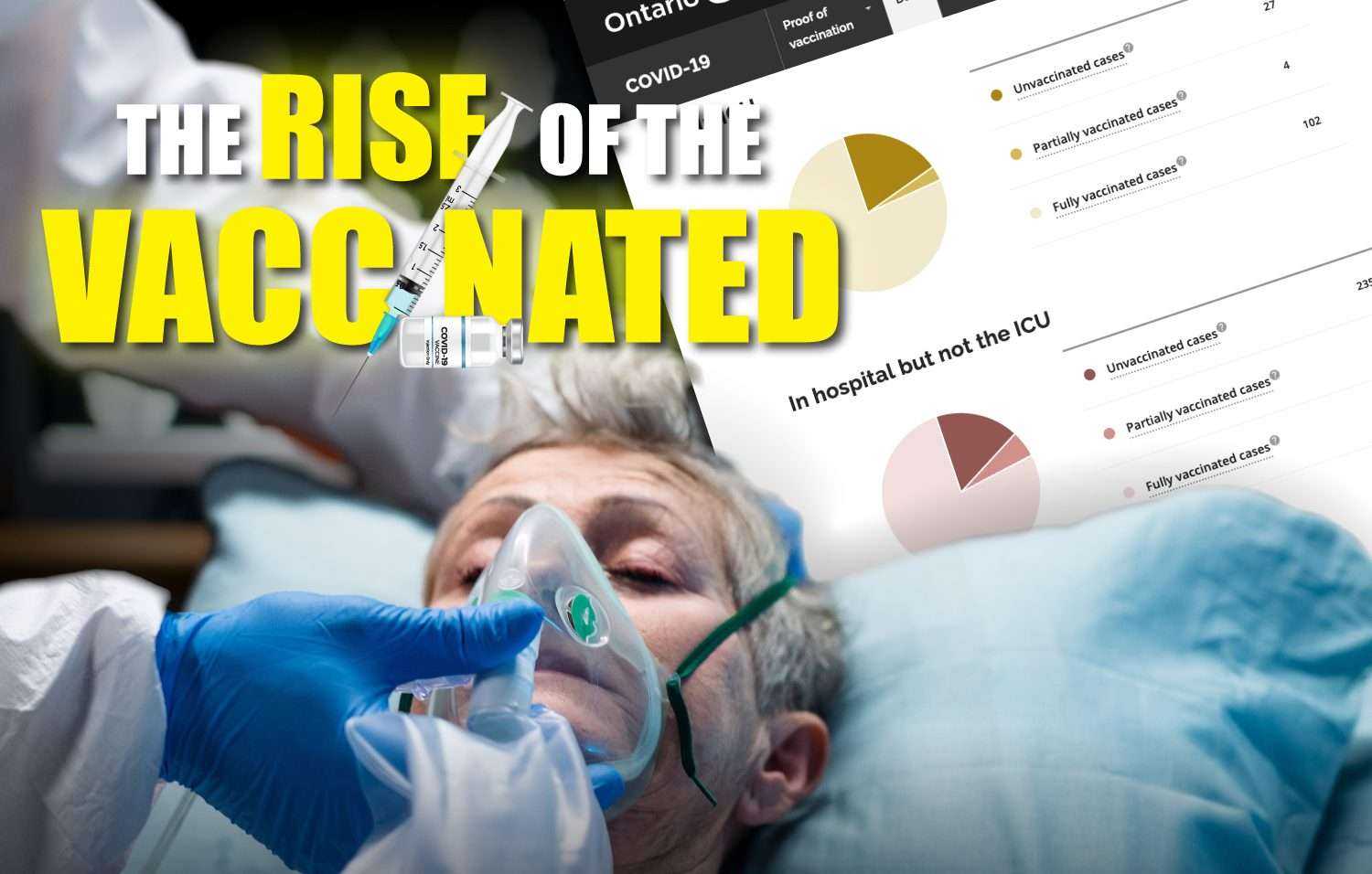on
BY SIMONE J. SMITH
“In general, humans strive to make sense of the world in order to feel safe. When mixed messages are given—whether by parents, friends, or the government—a sense of confusion and insecurity can arise.” Carla Manly, PhD (Clinical Psychologist)
“I got to the point I couldn’t breathe at all. I had cold chills. I had no energy. I had a fever, chills, and I felt tired all of the time. Let’s not talk about the headache that I have had constantly for three weeks. I couldn’t taste or smell anything, and that is what tipped me off that something was wrong. After finding out that I had tested positive, I felt disappointed and frustrated. I can’t believe that this is happening after all of this time. I have been so careful. The vaccines work, but don’t expect the vaccine to prevent you from getting infected.”
Over the last few weeks, I have been hearing more and more stories like this, and what is most disturbing about these stories is the fact that they are coming from people who have trusted the government with their health and taken the vaccinations as prescribed.
It was the last line that really confused me, “The vaccines work, but don’t expect the vaccine to prevent you from getting infected.”
Hmmm!
There are a couple things that need to be addressed in this article, and I want you to hang in there with me on this one. The number one question that we need to ask our medical professionals, our elected officials, and the global leaders who have been forcing this vaccination on its citizens is why are so many vaccinated people getting COVID-19 lately?
They may not be sharing this information on mainstream media, but in Ontario, vaccinated people appear to be getting the coronavirus at a surprisingly high rate.
As much as people want to believe a vaccine is a miracle cure, none of the vaccines being deployed in Canada, Europe or the U.S. are 100% effective at preventing infection, regardless of what was touted by global leaders. The message has changed significantly since the initial rollout of the vaccines. Now, additionally varied and evolving strains of COVID complicate the efficacy of the vaccine, and there is a lack of data supporting how long the immunity from the injection lasts.
On the CDC website, it states that COVID-19 vaccines are effective and can lower your risk of getting and spreading the virus that causes COVID-19. They state that COVID-19 vaccines also help prevent serious illnesses and death in children and adults even if they get COVID-19. However, even as the vaccine’s ability to prevent infection decreases with time, COVID-19 vaccination continues to reduce the risk of hospitalization and death when people become infected with COVID-19.
They are clear that people who have certain medical conditions, or who are taking medications that weaken their immune system may not be completely protected even if they completed the primary vaccination series. They suggest that people who are moderately or severely immunocompromised should get an additional primary dose of COVID-19 vaccine and a booster shot.
When researching for this article, I was amazed at the mixed messages, and convoluted statements present in many of the mainstream media reports. Psychology will tell you that when mixed messages abound, the mind cannot readily sort which information is accurate and which is not. It is no wonder that many of us don’t know how to act anymore.
A state of stress can result; this often induces destabilizing feelings such as confusion, fear, anxiety, anger, and irritability. On a neuroscientific level, our brains are not equipped to process information efficiently when said information contradicts other stats and instructions simultaneously flying our way. This in fact, leads to emotional turmoil, some of which we are currently seeing in our community.
When I have spoken to individuals who have chosen to be vaccinated, they tell me that with all the different messaging that they are getting, they don’t know what to believe anymore. What they are experiencing is their confirmation bias getting stronger. We experience confirmation bias because it makes us feel safe and secure in the world. We want to believe that our thoughts are right and are predictable, so we tend to be biased toward those things that can follow what we believe.
What COVID-19 messaging has done is confuse the mind. Many of us have chosen whom and what to believe based on our pre-existing prejudice, because this meant the difference between being sick and being healthy.
What I want to be very clear about in this article is that what they are sharing on mainstream media is meant to confuse you, and keep you guessing. What I am going to share with you is what they will not; that the vaccination rollout did not go as promised. People are still getting sick and dying from COVID-19, especially those who have been vaccinated.
In a recent report from Public Health England, more vaccinated people are dying of COVID than unvaccinated people. The report shows that 163 of the 257 people (63.4%) who died within 28 days of a positive COVID test between February 1st t, 2021 and June 21st, 2021 had received at least one dose of the vaccine. Reports like this have sprung up all over the world, casting doubt on what global leaders have led us to believe, and leaving those who are vaccinated questioning themselves, and their health professionals.
Let’s talk about what is happening here in Ontario. A report describes severe outcomes among confirmed cases of coronavirus disease 2019 (COVID-19) following COVID-19 vaccination. The data was last updated on April 25th, 2022 at 10:32 am (https://covid-19.ontario.ca/data):
Hospitalization by Vaccination Status
- Unvaccinated Cases = 27
- Partially Vaccinated = 6
- Fully Vaccinated – 86
In Hospital but not the ICU
- Unvaccinated Cases = 228
- Partially vaccinated cases = 65
- Fully vaccinated cases = 1075
I want readers to take the time to review these numbers and check them for accuracy. I want you to learn how to tune out the noise that you hear, and start taking care of yourself.
For those who have gotten sick even after taking the vaccine, I want you to ask your doctor some tough questions. It is time to take back control of our lives. Our government has failed us, and they have continued to blind us with awkward messaging, faulty claims, and restrictive measures.
The question I have now for the community is what are we going to do about it? There is an election coming up, and I really want everyone to think about how our current government has handled the people of Canada.
Stay in the loop with exclusive news, stories, and insights—delivered straight to your inbox. No fluff, just real content that matters. Sign up today!
We, as humans are guaranteed certain things in life: stressors, taxes, bills and death are the first thoughts that pop to mind. It is not uncommon that many people find a hard time dealing with these daily life stressors, and at times will find themselves losing control over their lives. Simone Jennifer Smith’s great passion is using the gifts that have been given to her, to help educate her clients on how to live meaningful lives. The Hear to Help Team consists of powerfully motivated individuals, who like Simone, see that there is a need in this world; a need for real connection. As the founder and Director of Hear 2 Help, Simone leads a team that goes out into the community day to day, servicing families with their educational, legal and mental health needs.Her dedication shows in her Toronto Caribbean newspaper articles, and in her role as a host on the TCN TV Network.













